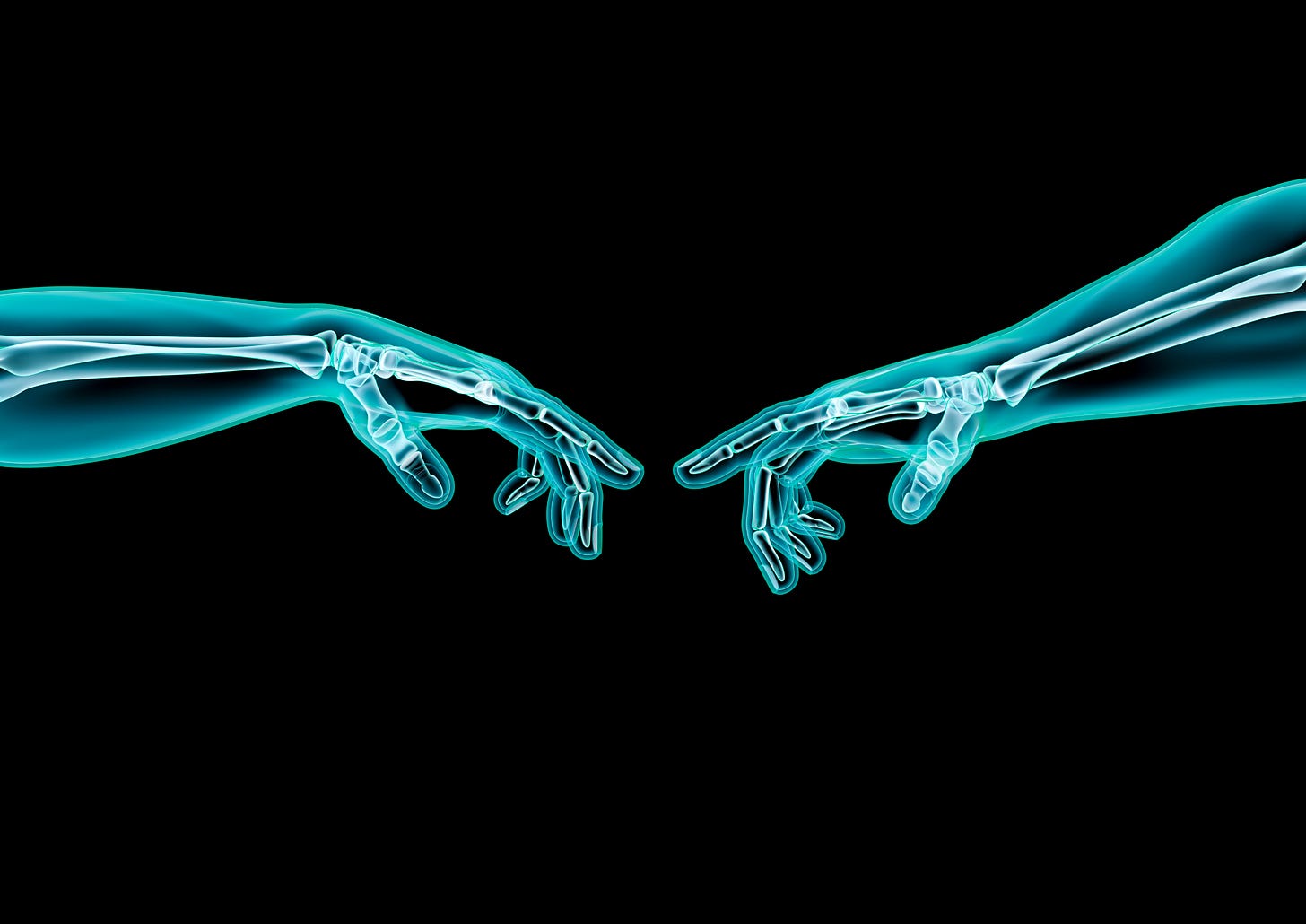Demarcations
On the Philosophy of Science
The Demarcation Problem is said to be the most important question in the philosophy of science. This refers to the definition of science itself, and the establishment of the intellectual limits of science. In short, the correct solution to the Demarcation Problem will tell us what is science and what is not.
When Karl Popper started university in the early 1920s in Vienna, he joined a Communist student organization. Legend has it that he quit in disgust about two weeks later. His motivation was an intuition that the constant prattle he heard about “scientific socialism” was pure malarky.
Popper began to think deeply about science. The reigning ideas of his day described science in almost religious terms: each scientific discovery, verified by observation, moved science closer and closer to the Truth. After years of study he came to the conclusion that this view of science was backwards. Science, Popper concluded, operated via the invention of theories to explain observations and the testing of such theories. Testing meant that theories had to be constructed in such a way that they could in principle fail a test. This came to be called the falsifiability criterion. In principle no generally accepted scientific theory can be proven to be absolutely true; such a theory is merely accepted to be true until it is disproven.
For example, take astrology. Adherents of astrology claim that it is a science, and that its predictions (as forecast in horoscopes) are correct. Can a horoscope be falsified? It turns out the answer is no. Every attempt to falsify astrology ends with its adherents finding a reason that denies the possibility of falsification. “Two people are born at the same time, but have different life outcomes, therefore astrology is false” as an argument does not work, because the adherents will say that no one is born exactly at the same time. Astrology is thus a pseudoscience, an activity that mimics science in language (including mathematics) but cannot be falsified.
Later philosophers came to the conclusion that Popper’s ideas were really not different than what came before him. This may be true, but the fact remains that Popper made the concept of falsifiability explicit where it had previously been implicit, and in so doing devised a practical definition of science. It is so practical it has been adopted as the legal definition of science by the U.S. Supreme Court.
Where does religion fit into this?
In practical terms, it means that divine action cannot be written into a scientific theory. The methodology of science is fundamentally atheistic.
What?
Think about it: it cannot be disproven that God did something. Invent a theory that says “God did this” and it instantly becomes unfalsifiable, therefore unscientific.
So, didn’t we just prove there is no God? No, of course not.
Look at it this way: driving an automobile is atheistic too. Yes, motorists pray their cars don’t break down or get into accidents or traffic delays. But no one driving on a highway takes their hands off the steering wheel - on a classic car - and says “OK God, you steer the car. I trust in You.” The methodology of classic automobile driving is atheistic.
The believer would counter this argument with the following: “Anyone who does that is tempting God” or “That is a denial of the God-given gift of free will.” Yes, it is, precisely, and science is no different. A scientist can be a believer and can pursue scientific work for religious reasons: to cure disease, or to better appreciate the beauty of creation. A believing scientist can use scientific discoveries in religious debates. But scientists who add God to a theory are not properly doing their jobs as scientists and are not properly using their free will as believers. The effectiveness of science as an atheistic methodology must be seen by the believer as a theologically deep matter that is tied to the mystery of free will and to the theodicy of good and evil. The fact that much scientific knowledge has led to great evil only reinforces this.
Another advantage of Popper’s idea of falsifiability is that it weakens attempts to use science as an anti-religious cudgel.
The reason for this is that the demarcation line between science and pseudoscience is not the only such line. There is another between science and scientism.
Scientism can be defined as the improper application of the scientific method to human activities. Yes, we all have to use critical thinking and testing in establishing our relationships with one another, but it would be cold and inhuman to carry it to the extreme that the scientific method would demand. Another, perhaps better definition, is the idolization of science: the attempt to turn science into a pseudoreligion.
In my experience many practitioners of scientism deny that it exists and deny that such a pseudoreligion is possible. They also don’t like Karl Popper very much. In the next chapter we will find the person they do like.


